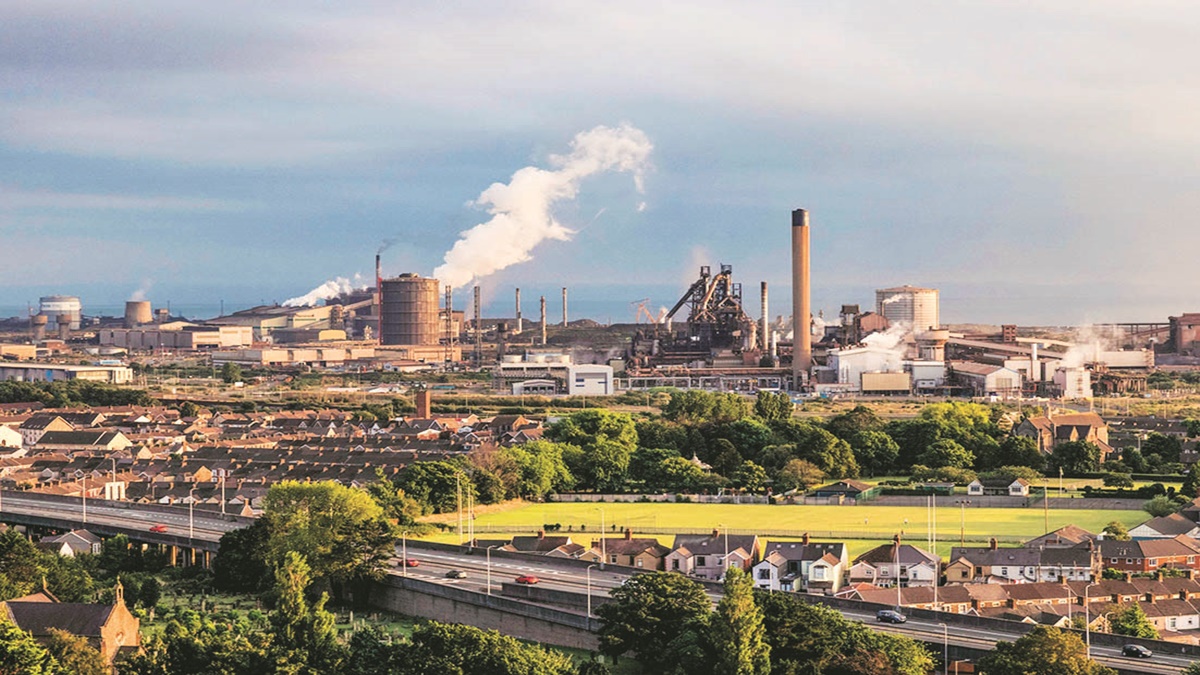Tata Steel (TSL) has unveiled a comprehensive restructuring plan for its UK operations (TSUK) with a dual focus on ensuring business continuity and enhancing sustainability. The key highlights include: Replacement of existing blast furnaces with a state-of-the-art 3 million ton per annum Electric Arc Furnace (EAF); Securing 40% of the £1.25 billion investment through grants provided by the UK government; anticipated cost differentials of £150-170 per metric ton compared to current operational costs; potential for a significant reduction in emissions, targeting a reduction to 0.4 metric tons of CO2 per metric ton of steel produced from the current level of 2.16 metric tons of CO2 per metric ton at UK operations and establishment of the EAF is expected to synergise with the existing scrap ecosystem in the UK.
This development is of paramount significance, especially in light of the likely reduction in support from the parent company for TSUK operations in the future.
TSL is a major player in the UK steel market, consuming 9 million tonnes annually. The company holds significant market share in key sectors: 50% in automotive, 43% in construction, and 62% in packaging. This development represents an effort to optimise the struggling UK operations, boosting competitiveness and sustainability. Key points include: (i) Using a portion of the UK’s 9 million tonnes of scrap for value-added purposes; Preparing UK operations for the future by sourcing more power from renewable sources, and British industry supercharger scheme, aimed at lowering electricity costs and aligning them with global economies, is expected to benefit EAF-based operations more than blast furnace-based ones. We believe that the developments surrounding TSUK will enhance the company’s future readiness in terms of profitability and ESG (Environmental, Social, and Governance) considerations. As the consultation process gains momentum, we anticipate incurring further restructuring expenses and receiving policy support.

